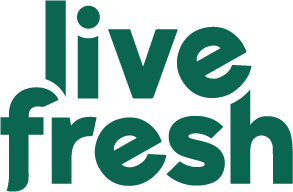What is the maximum amount of protein I should eat per day?
There is no set upper limit for daily protein consumption, as protein requirements depend on various factors such as age, gender, body weight, physical activity and state of health. As a rule, the German Nutrition Society (DGE) recommends a daily protein intake of around 0.8g per kg of weight for adults. For a body weight of 70 kg, this would mean around 56 g of protein per day.
However, most people have a higher requirement of at least 1g protein. The requirement can be even higher for athletes or those on a diet.
How do you get 100g of protein per day?
An intake of 100g of protein per day is not necessary or recommended for everyone, as the need for protein depends on various factors such as age, gender, body weight, physical activity and state of health. In general, a daily protein intake of around 0.8 to 1g per kg of body weight is recommended for adults.
So if you weigh 70 kg, for example, this would mean a daily protein intake of around 56 to 70 g. Depending on your initial weight or even athletes have a correspondingly higher requirement.
How much protein do you need daily to build muscle?
A higher protein intake is often recommended for muscle building than for an average person. However, there is no exact recommendation for the daily protein intake for muscle building, as it depends on various factors such as body weight, training status and type of training.
However, it is generally recommended to achieve a daily protein intake of 1.2-1.7g per kg of body weight to support muscle building. For a body weight of 70 kg, this would mean around 84-119 g of protein per day.
What is the best source of protein?
There is no "best" protein source, as different protein sources have different advantages and disadvantages and the choice of the best protein source depends on individual nutritional needs, taste preferences and other factors.
Animal protein sources such as meat, fish, eggs and dairy products are often very rich in protein and contain all the essential amino acids the body needs.
Plant sources of protein such as pulses, nuts, seeds and whole grains also contain protein and can be part of a balanced diet. They often also contain fiber, vitamins and minerals that are important for good health. However, the biological value (ratio of essential amino acids) of plant protein sources can be lower than that of animal protein sources and a good combination is very important.
The choice of protein source should be part of a balanced diet that consists of a variety of foods and meets individual nutritional needs. It is also important to make sure that the protein sources not only meet the requirements, but also meet the needs for other nutrients such as carbohydrates, fats, fiber, vitamins and minerals.









